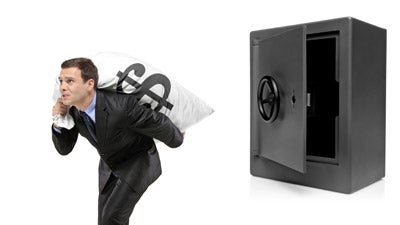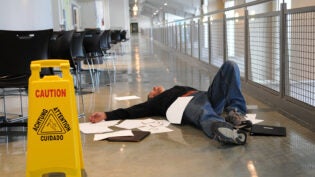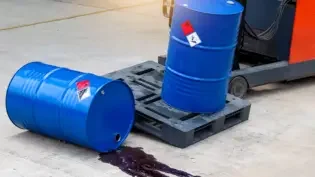
In the past year there have been numerous reports of fraud and embezzlement, mostly involving small businesses. These can be prevented by a few low cost controls.
One of the most important is separation of responsibilities of asset custody and record keeping for these assets. For example, someone other than the person who receives and disburses cash and writes checks should record these in the accounting records.
Other essential controls include, but are not limited to:
- Approval of payments by the owner or other responsible person who does not write the checks, or authorize credit card payments and maintain the accounting records.
- Invoices and bank statements, along with cancelled checks or check copies, should be sent directly to the owner or supervisor and be reviewed for authorized transactions, accuracy, and unusual items.
- The owner or other responsible person, who does not write or record the checks, should sign them and review all documentation for payment before signing them. After payment, invoices should be cancelled and write on them the date paid and check number.
- Fidelity bonds should cover persons who have custody of assets. If an insurance company has to pay for a defalcation or fraud, they are likely to prosecute the thief.
- Require mandatory vacations for all employees. The “dedicated” employee who never takes a vacation may need to be working to cover up theft or fraud.
- Periodic review of accounting records and financial controls by the owner with the assistance of his or her CPA if the owner is not familiar with these. In almost every instance the owner said “this person, who embezzled funds, was a loyal and dedicated employee and I never thought he or she would do that.” Always be skeptical, particularly if an employee is living beyond their means based on their salary and periodically review the work of all employees.
- An annual audit, which always includes a review of and testing the effectiveness of the accounting system and financial controls, by an independent CPA. An audit is not designed to and may not uncover fraud, particularly if there is collusion between two or more people, but may uncover weaknesses that could lead to fraud and theft by employees and allow the auditor to investigate further which may uncover fraud and/or embezzlement. This is particularly important if the owner suspects fraud or embezzlement due to losing money and cash coming up short over a period of time. The cost of an audit is a small price to pay compared to having thousands of dollars stolen by dishonest employees.
Other essential measures that should be followed are:
I. Before a person is hired, perform:
- A thorough criminal background check, particularly if they will be involved with asset custody or record keeping.
- Check all references and discuss their work with previous employers.
- A credit check. This would disclose whether they have large outstanding bills and if they are behind in their payments. This may give an indication that the person may attempt to steal to cover these debts..
- Verify education and professional designations listed on their resume.and/or application
II. Other measures may encompass:
- Setting up an anonymous 3rd party hotline to call if someone suspects an employee is stealing or engaged in fraud..
- Setting up new vendors should be initiated by or approved only by the owner or supervisor not involved with asset custody and record keeping.
- Dormant vendors should be deleted from the system to prevent an employee from creating fraud by modifying these vendors instead of setting up new ones.
- As soon as theft or fraud is discovered, authorities should be notified and controls put in effect to prevent this from happening again.
- To prevent fraud and embezzlement, an owner who does not have the knowledge to set up good accounting records and financial controls, should utilize the services of a CPA to implement them and then periodically review and assess them for risk and make sure the controls are complied with and enforced.
Unless the defalcations involve the collusion of two or more people, these measures will prevent or minimize fraud and embezzlement.
This article was originally published by TaxConnections
Author: Harold Goedde is a former college professor who taught income tax, auditing, personal finance, and financial accounting and has 25 years of experience preparing income tax returns and consulting.
Published: August 26, 2014
2271 Views
2271 Views












